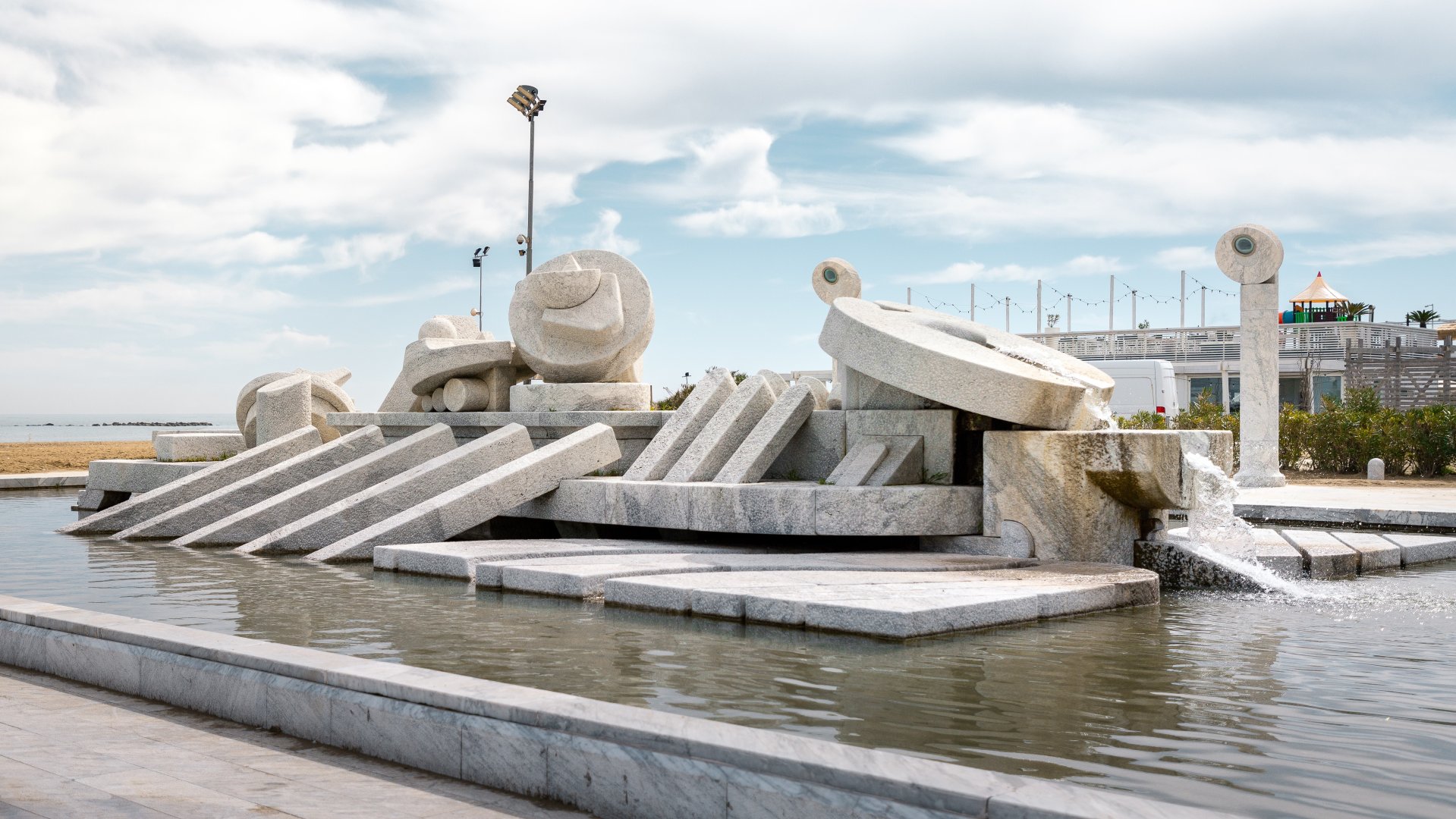
Agradient flow approach to leaves morphogenesis
Please login to view abstract download link
Understanding growth in biological tissues is key to unraveling organ morphogenesis and functional adaptation. In this work ere we study leaves growth from a teleological perspective, i.e. trying to justify it in terms of the purpose it serves, rather than in terms of its causes. Specifically, we assume that growth patterns arise to maximize light absorption while minimizing the cost of nutrient transport. We present a continuum model that couples blade expansion and venation formation, extending the discrete variational principle introduced by Xia (2007). In doing so, the model accounts for allometric growth — non-uniform and spatially polarized expansion observed in real leaves — through a growth map evolving under a variational principle. On the other hand, vein formation is modeled via a phase-field approach inspired by the work by Cai and Hu (2022), introducing a conductance field that concentrates in correspondence of the veins. Both the blade growth and conductance field evolve in time according to a gradient flow of a properly defined objective functional capturing the trade-off between photosynthetic benefit and transport efficiency. Numerical simulations, implemented using finite element methods, reproduce qualitatively realistic growth patterns. We finally, discuss the model’s limitations and propose future extensions, including active stomatal regulation, irreversible vein differentiation, and mechanical feedback.
